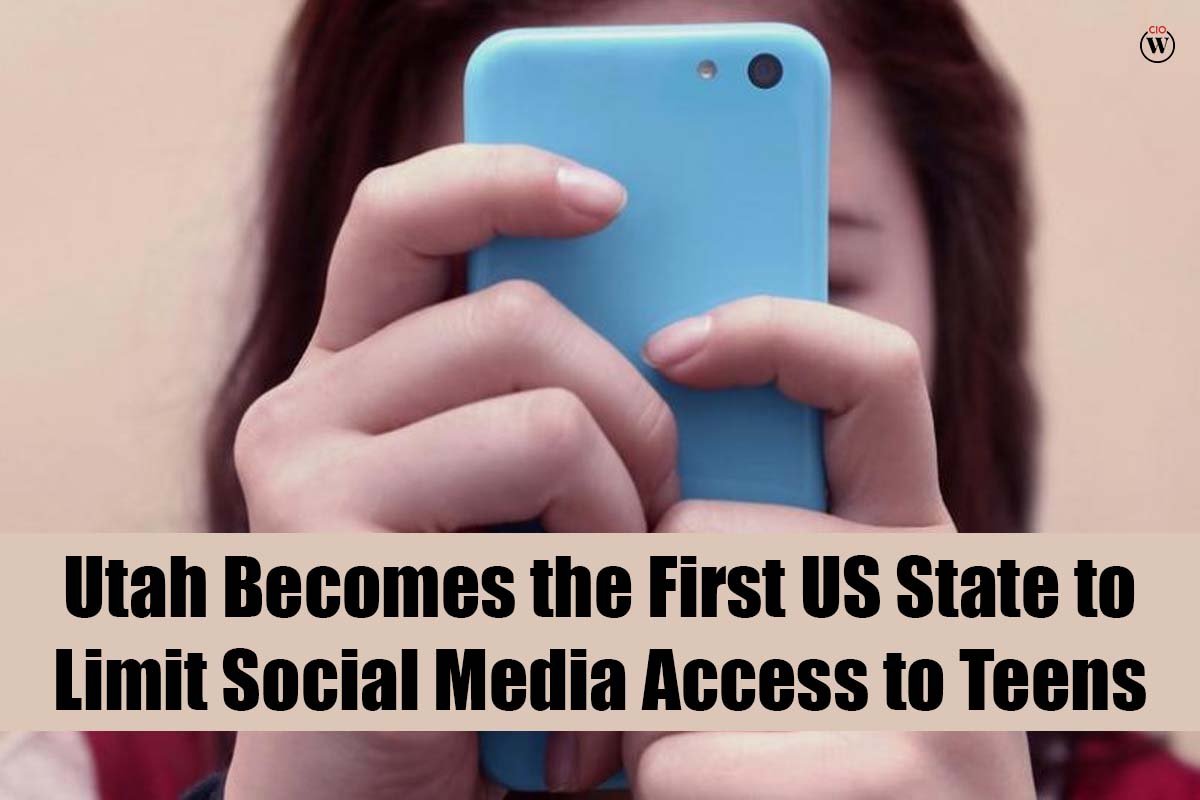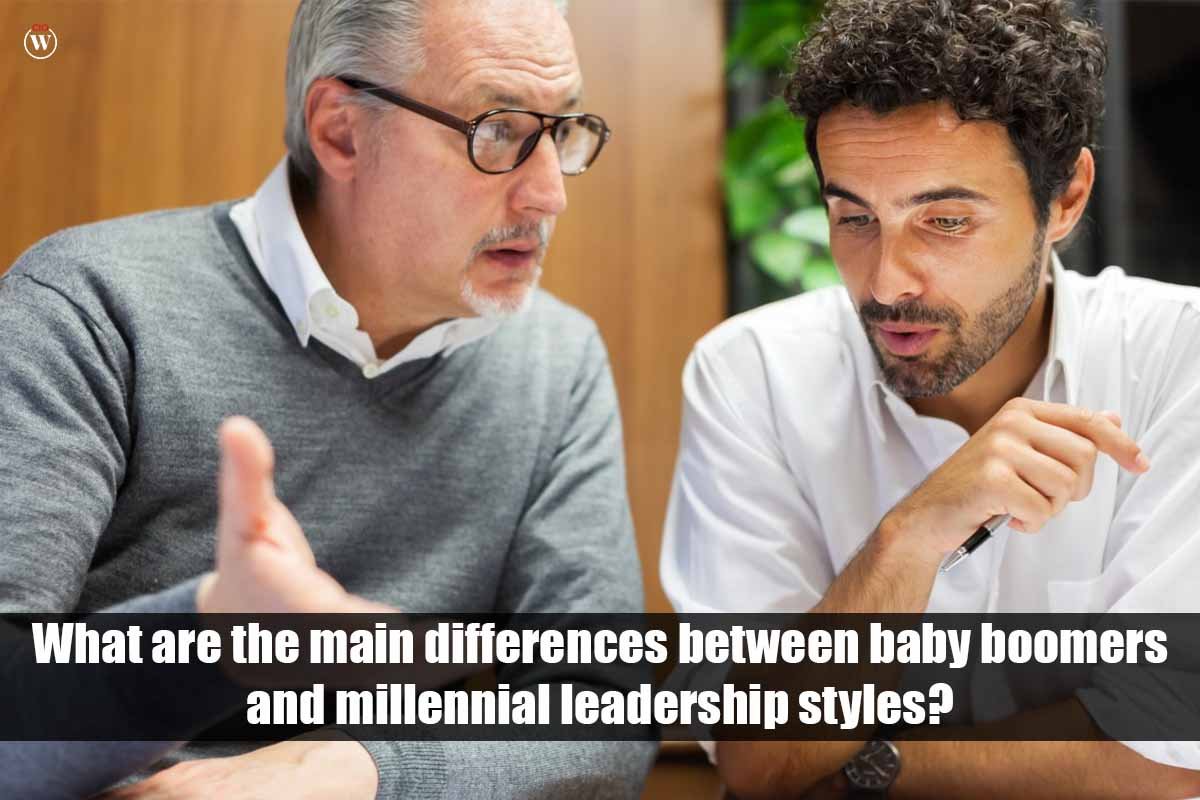Utah has become the first state in the United States to pass a law limiting the amount of time teenagers can spend on social media platforms. The legislation, which was signed into law by Governor Spencer Cox earlier this month, aims to address concerns about the negative effects of social media on young people’s mental health.
What is the new law all about?
Under the new law, social media companies such as Facebook, Twitter, and Instagram will be required to provide users aged 18 and under with the option to set time limits on their social media use. The default setting for users aged 12 and under will be 30 minutes per day, while users aged 13 to 18 will have the option to set a limit of up to two hours per day.
The law also requires social media companies to provide users with educational materials on the effects of social media on mental health, including information on how to recognize signs of addiction and strategies for managing social media use.
The legislation was introduced by Utah State Senator Brady Brammer, who said he was inspired to take action after hearing from constituents about the negative impact of social media on young people’s mental health.
“Social media can be a great tool for communication and connection, but it can also be addictive and harmful, especially for young people,” Brammer said in a statement. “This law is about giving parents and teenagers the tools they need to make informed decisions about their social media use and to promote healthy habits.”
Utah governor signs law to restrict social media access for kids and teens
What do the parents and teachers have to say?
The law has been met with mixed reactions from parents, educators, and social media companies in Utah. Some have praised the legislation for addressing a pressing public health issue, while others have raised concerns about government overreach and the potential for unintended consequences.
Facebook, which owns Instagram, said in a statement that it supports efforts to promote safe and responsible social media use, but cautioned that “one-size-fits-all solutions” may not be effective.
“We believe that parents are best positioned to make decisions about their children’s social media use, and we will continue to provide tools and resources to help them do so,” the company said.
Critics of the law have also raised concerns about enforcement, noting that it may be difficult to ensure compliance from social media companies and individual users.
Despite these concerns, advocates for the legislation say it represents an important step forward in addressing the negative impact of social media on young people’s mental health.
“We know that excessive social media use can contribute to anxiety, depression, and other mental health issues in young people,” said Dr. Mark Bott, a pediatrician and member of the Utah Medical Association. “By limiting access to these platforms and providing education on healthy habits, we can help to mitigate these risks and promote overall well-being.”
What will its impact be?
The Utah law is likely to serve as a model for other states and countries grappling with the impact of social media on young people. While there is still much debate about the best way to address these issues, the passage of the legislation represents an important step forward in promoting healthy social media use for teenagers.









